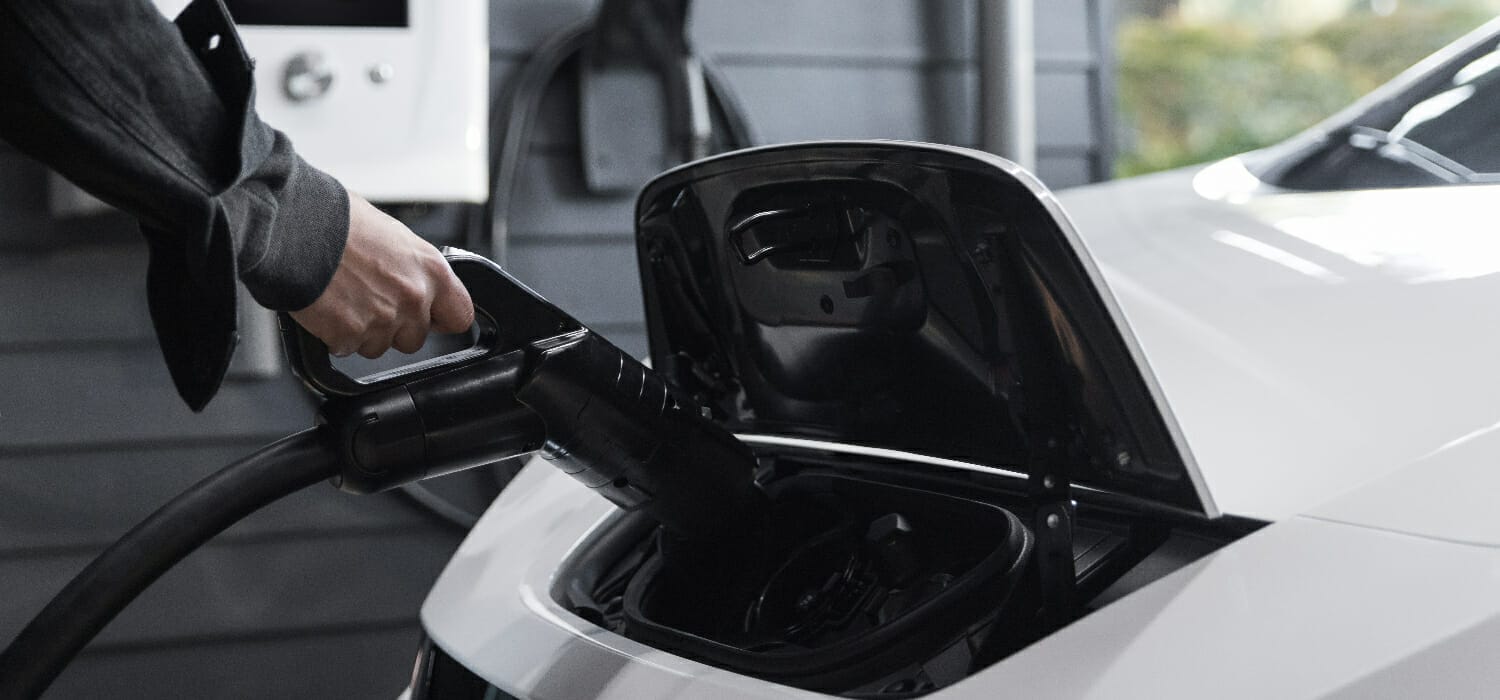
A growing number of people are opting for the greener and more sustainable option of electric vehicles in recent years, and while there are many benefits to owning an EV, one of the key concerns for many EV owners is battery health.
Effectively managing your EV’s battery health is crucial to improving uptime, reducing the risk of breakdowns, and getting the most out of your EV. In this article, we will explore some tips for managing EV battery health and improving uptime.
Understanding EV battery health
Before we delve deeper into the factors for managing EV battery health, it’s crucial to understand what battery health is and why it’s so important. Battery health refers to the overall condition of your EV’s battery and its ability to hold a charge.
Over time, an EV battery’s capacity can degrade due to considerations such as usage, temperature, and the general age of the battery itself. As a battery degrades, it can lead to reduced driving range, slower charging times, and decreased performance.
Managing EV battery health
So why is managing EV battery health important? Properly managing your EV’s battery health can help you avoid unexpected breakdowns, reduce repair costs, and extend the lifespan of your battery. By taking steps to keep your battery healthy, you can enjoy a more reliable and efficient driving experience where safety doesn’t feel like an issue.
Keep your battery charged
One of the most important things you can do to manage your EV’s battery health is to keep it charged. EV batteries prefer to be charged regularly, rather than being fully depleted and then charged to 100%. Most EV manufacturers recommend keeping the battery charge level between 20% and 80%. By avoiding full charges and deep discharges, you can help extend the life of your battery.
Monitor battery temperature
Temperature plays an essential role in the health and performance of your EV battery. Extreme temperatures, both hot and cold, can cause the battery to degrade quicker than normal. To help manage your battery’s temperature, park your EV in a shaded area or garage to avoid exposure to direct sunlight. In colder climates, consider using a battery warmer to maintain the battery’s temperature.
Practise better driving habits
Working on improving driving habits can also help manage your EV’s battery health. By driving more efficiently, you can reduce the strain on your battery and extend its lifespan. Avoid hard acceleration and braking, and maintain a steady speed when possible. Consider using regenerative braking to help recharge the battery, and use cruise control on motorways to maintain a consistent speed.
Keep up with regular maintenance
Regular maintenance will keep your EV in good condition, including the battery. Follow the manufacturer’s recommended maintenance schedule and have your battery inspected by a qualified technician. They can check the battery’s state of health and provide recommendations for maintaining its performance.
Use a charging schedule
Setting a charging schedule can also help manage your EV’s battery health. By scheduling charging times during off-peak hours, you can avoid putting too much strain on the battery and reduce the risk of overcharging. Many EVs come with built-in charging scheduling features, but you can also use third-party charging apps to schedule charging times.
Efficient guidance from Drivetech
Enjoy a more reliable and efficient driving experience with your EV and follow our expert guidance and tips. Get in touch with us today to learn more about managing EV battery health.
Back to news and resources